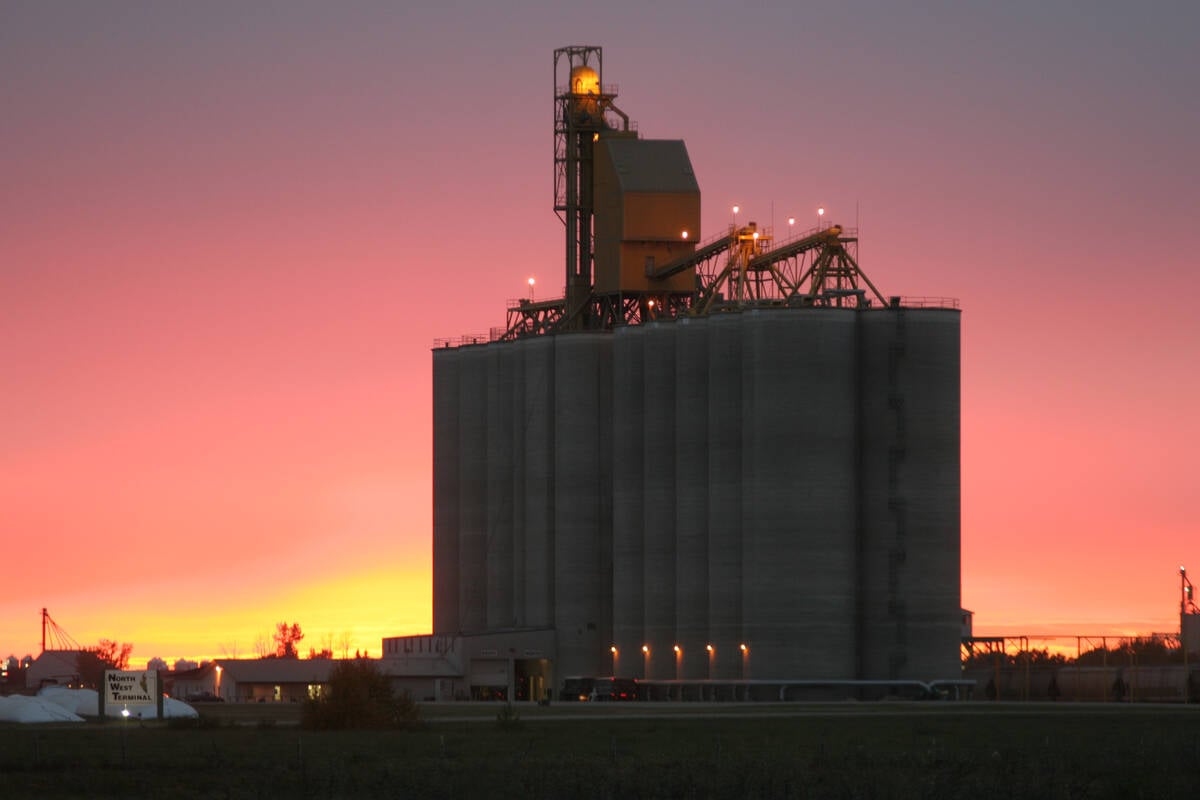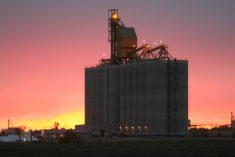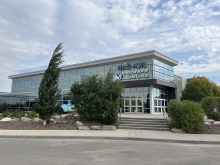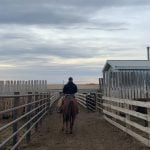The Saskatchewan Association of Rural Municipalities got what it wished for last week, a cap on the amount rural local governments will pay the province to fight forest fires.
Speaking to the 98th annual SARM conference in Saskatoon last week, president Neal Hardy expressed concern over the millions of dollars in costs incurred by RMs like Loon Lake and Mervin in fighting fires last summer.
It was one of many issues faced by Hardy in his first year as president. Re-elected for a one-year term March 13, he said he plans to continue to push for more cost sharing for firefighting and police services and a reduction in the education tax burden on farmers.
Read Also

Bunge to acquire North West Terminal Ltd.
Bunge plans to buy the assets of North West Terminal in Unity, Sask.
The day before, premier Lorne Calvert announced a deal had been struck with the affected RMs and there would be a maximum payment on firefighting bills in place before the fire season this year.
He also announced plans for an education campaign in fire prevention.
Hardy said SARM is calling for the creation of a quick response team of trained personnel who would be on call to fight bush and grass fires and keep them from growing.
SARM had been working with the province to get major fires under the provincial disaster program. The province had established a cost-sharing arrangement, with Saskatchewan Environment paying half, but there was no cap on the amount paid by RMs.
“We need to have some way to recover it when it reaches a certain level,” said Hardy, who noted those fire costs were twice one municipality’s tax revenue.
Cuts to revenue sharing have further limited rural governments’ ability to pay for such services, he said.
Speaking to 1,900 delegates representing 292 municipalities, he called for increases in revenue sharing in the next provincial budget.
He said provincial grants to RMs have dropped to $28 million from $48 million 13 years ago.
Hardy said there are 162,000 kilometres of roads in rural Saskatchewan, “enough to go around the world four times. That supplies and feeds the system; without roads it would come to a standstill.”
Police services are another area of increased cost to municipalities. The levies were zero in 1999 but today, for example, the RM of Hudson Bay pays $30,000 without any increase in service.
“Ours (rural police) is on demand, theirs (urban) is every day,” he said.
Reducing the amount of education tax levied on agricultural land remains a top priority for Hardy, who noted how much higher it is proportionately than in neighbouring provinces.
He said education property tax more than doubled in the last 20 years due to the last two provincial reassessments, which must be corrected and based on accurate land values.
He encouraged delegates to talk to candidates in the next provincial election and find out where they stand.
“Until that happens, we will continue to be overtaxed,” he said.














